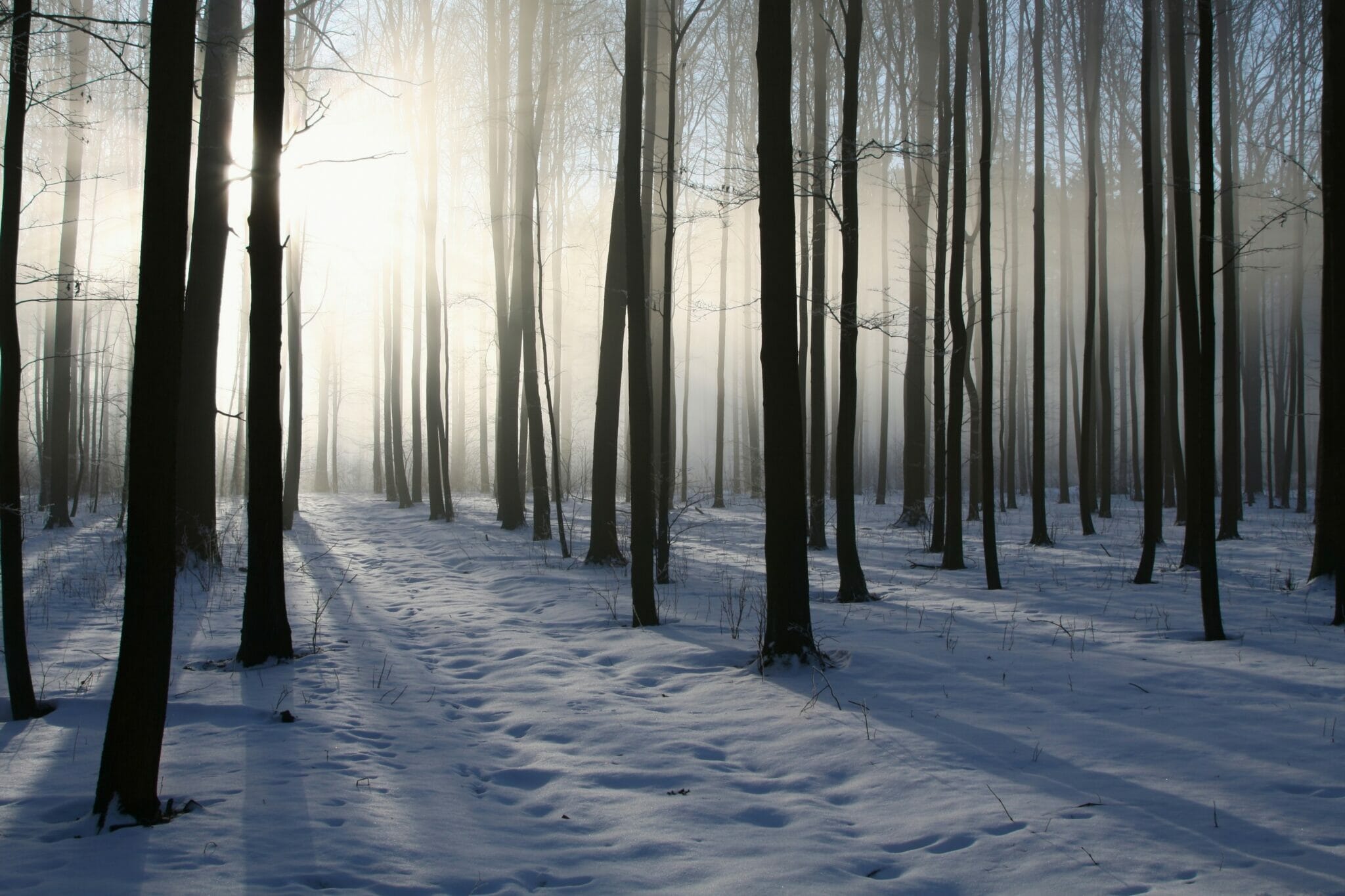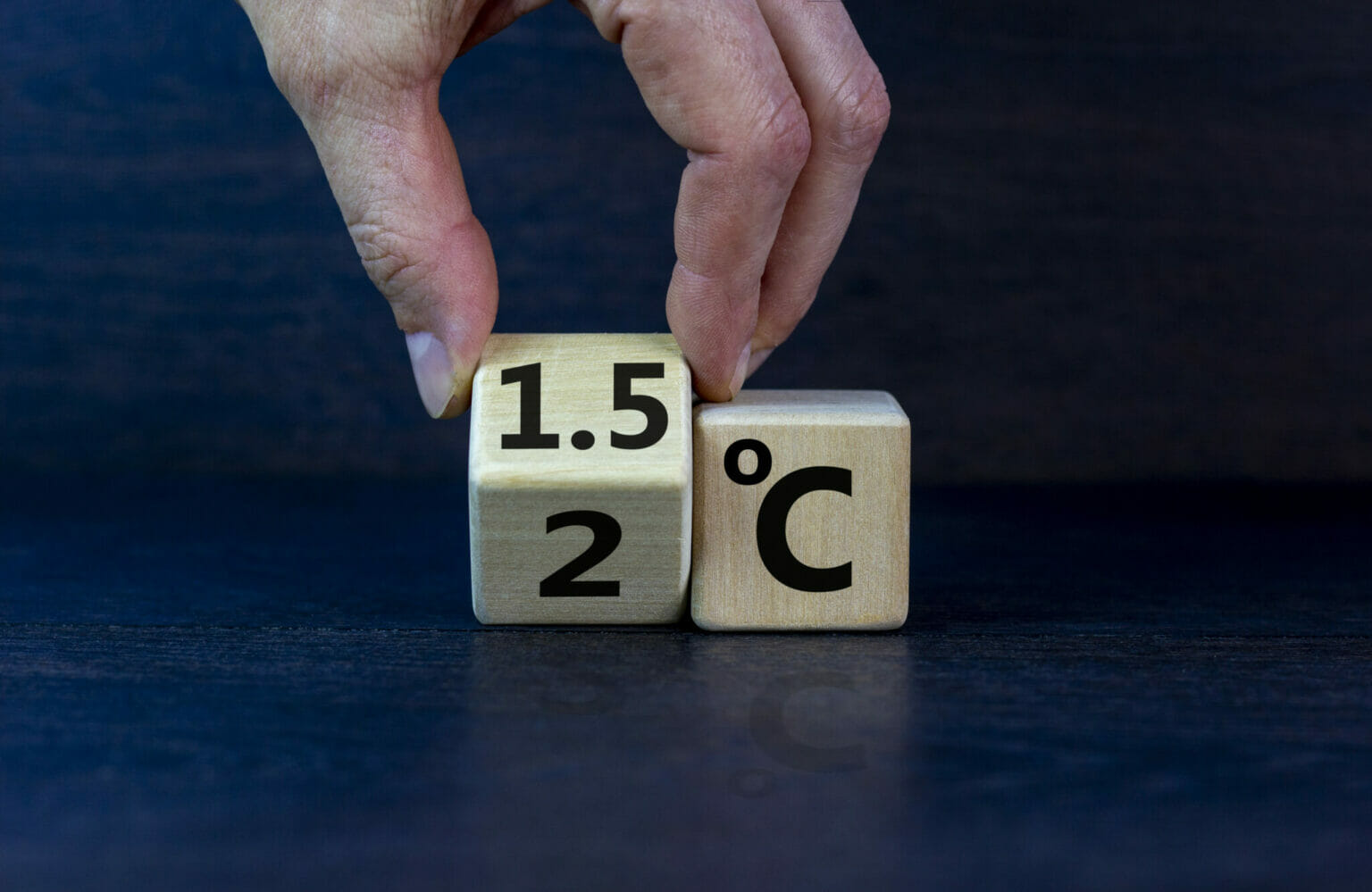Sign up to receive our weekly newsletter.
No matter your favorite news source, you’ve probably been seeing more stories on climate change lately. A new report by the Media and Climate Change Observatory at the University of Colorado Boulder, which monitors newspaper, radio, and TV reporting in 59 countries, finds that 2021 saw the highest amount of coverage since the observatory started tracking coverage 18 years ago. Since 2015, climate coverage has increased by 90 percent.
Numerous mainstream news outlets are expanding their coverage and devoting more resources to climate reporting as the urgency of the climate crisis — and public interest in the story — grows. These include ABC News, AP, The Boston Globe, CNN, and The Weather Channel.
The trend is global. Wolfgang Blau, co-founder of the Oxford Climate Journalism Network at the Reuters Institute, recently interviewed roughly 80 newsrooms across the world about their goals for climate reporting. Four out of five said they plan to grow their climate coverage within the next year.
Covering Climate Now is responding to this expansion of climate coverage in a number of ways, including our annual journalism awards. On Tuesday, we announced a call for entries for this year’s awards, with a number of new categories added to reflect the growth in climate reporting. We look forward to reading submissions from across beats and countries around the world.
Some of the most welcome increase in coverage is coming from TV weather reporters, as Marc Tracy recently wrote in The New York Times. Al Roker of NBC News, Ginger Zee of ABC News, Jeff Berardelli of WFLA in Tampa, Florida, and their counterparts now have “a more visceral presence in viewers’ lives” as they increasingly report on the connection between man-made climate change and specific weather events. For example, last year NBC News’ climate unit offered more than 50 segments related to climate change and not tied to weather forecasts, compared with about 20 the year before.
News organizations aren’t only expanding the amount of coverage, they’re reaching audiences in new ways. As newsletters have regained popularity, more are focusing on climate, such as the Los Angeles Times’ Boiling Point, The Washington Post’s The Climate 202 newsletter, and The Independent’s Climate News in the UK. And they’re experimenting with new platforms, with the San Francisco Bay Area’s KQED public radio station, for example, taking to TikTok to share a 14-year-olds climate poem on environmental racism in her community.
There’s still more work to do, as Blau pointed out in a recent talk. “What we need is an all vertical approach to this story, because no vertical is exempt from the impact of climate change and from being required to engage with mitigation and adaptation to climate change.” We could not agree more. But these are encouraging advances, and we urge our colleagues throughout the news business to keep going!
From Us
CCNow awards. We’ve just launched the second annual Covering Climate Now Journalism Awards! The deadline for submissions is March 1, 2022. Learn more.
Press briefing. Ahead of the next IPCC report set to be released later this month, climate scientist Michael Mann and Saleemul Huq, director of the International Centre for Climate Change and Development in Bangladesh, will brief reporters on the best climate science you’ve probably never heard of. RSVP.
Guest column. Sammy Roth, energy correspondent for the Los Angeles Times, reflects on why he started writing about climate from a personal perspective and how that helped him better connect with audiences. He calls on fellow journalists to “get comfortable with decrying the horrors of the climate crisis and demanding solutions.” Read it.
Noteworthy Stories
Plug away. The Biden administration announced that it will send a total of $1.15 billion to 26 states to plug up thousands of abandoned oil and gas wells that leak methane, one of the most potent heat-trapping gases. By Tik Root at The Washington Post…
Environmental injustice. A new study finds Black communities will be disproportionately saddled with billions of dollars of losses as the risk of flooding due to climate change grows in the coming decades. By Patrick Galey at NBC News…
Charge! Two utilities in Connecticut have kicked off a program designed to spur the installation of more than 60,000 public and private charging stations in the state by the end of the decade. By Emily Pontecorvo at Grist…
Our oceans. A new study finds that more than half of the ocean surface has logged extreme temperatures — which have risen due to global heating — since 2014, compared to 2% in the 19th century. By Matt Simone at WIRED…
About-turn. A scientific briefing convinced UK prime minister and former climate denier Boris Johnson to recognize that man-made global warming is “very hard to dispute.” The briefing was made public following a freedom-of-information request. By Daisy Dunne, Josh Gabbatiss, Leo Hickman, Robert McSweeney, and Ayesha Tandon at CarbonBrief…
Climate upheaval. A fascinating if unsettling perspective from 2200 BC shows how dramatically climatic conditions can change, even without the added pressure of man-made climate change. By Michael Marshall at Nature…
1.5 to stay alive. Threshold just dropped its latest podcast taking listeners inside the scientific and political origin story of 1.5 degrees Celsius. By Amy Martin at Threshold…
Saving a slope. After a Vermont ski resort shut down following mismanagement and spotty snowfall, locals came to the rescue, becoming a model for how a small ski area can thrive despite climate change. By David Goodman at The New York Times…
Republication Recommendations
The following stories deserves special consideration for republication by CCNow partners:
- Getting Personal About Climate Change Made Me a Better Reporter – the Los Angeles Times via The Nation
- Why the Chemical Industry Is an Overlooked Climate Foe — and What to Do About It – The Revelator
For partner outlets: To submit stories for sharing, please use this form. Instructions for republishing and the full list of stories available for republication can be found in our Sharing Library.
Odds & Ends
Events. SEJ is holding a webinar on the top stories for energy and environmental journalists to cover in 2022. February 9. RSVP.
IPCC report. The second installment of the IPCC’s Sixth Assessment Report, which will focus on climate change impacts, adaptation, and vulnerability, is set for release on February 28. Registration is now open for media interviews. Sign up.
Jobs. Earther is recruiting a deputy editor. The Philadelphia Inquirer is hiring a senior editor. KQED is looking for an investigative data journalist. Important, Not Important is seeking an editorial assistant. Protocol is hiring reporters and looking for freelance pitches: email Brian Kahn at bkahn@protocol.com.
Welcome. CCNow is happy to announce the following new partners have joined our collaboration: Agência Nossa de Jornalismo, Cambodianess, MINT, The Optimist, Ozone, Planet Detroit, Positivr, and The Weather Network.

